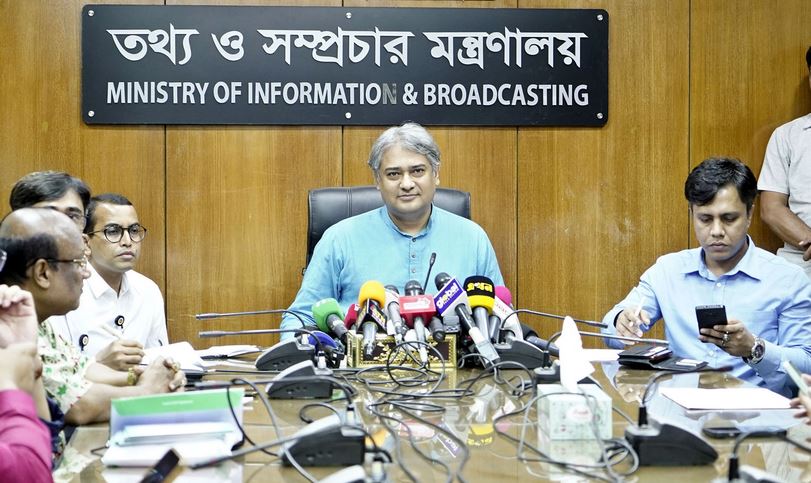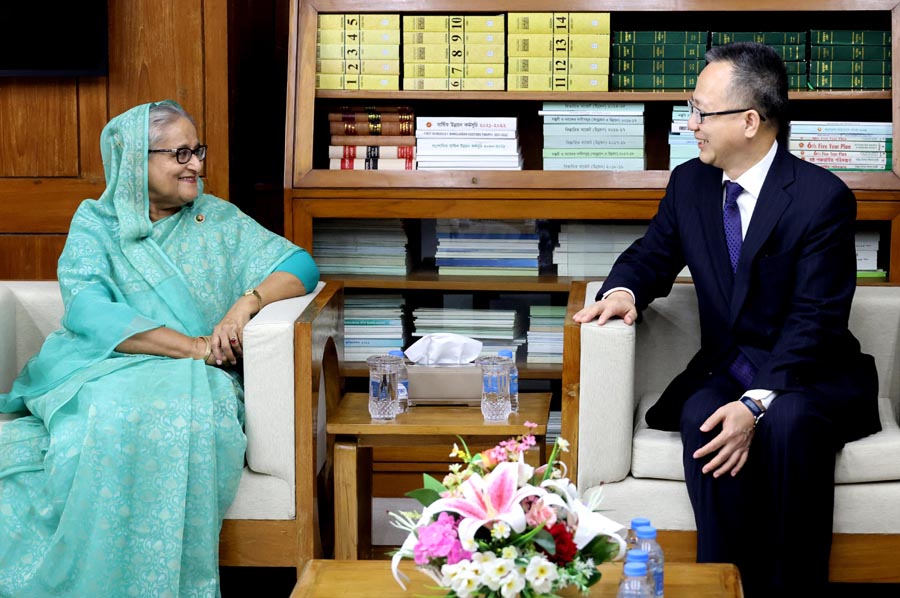
Online Desk: In a discreet yet significant move, Australia expelled four Indian spies in 2021 for attempting to infiltrate and access sensitive information related to the country’s defense, political figures and airport security protocols. This revelation was brought to light by Mike Burgess, Australia’s intelligence chief, who, while exposing the espionage ring, carefully avoided directly naming India. The operatives, who were allegedly posing as diplomats, had specific targets within Australia’s defense technology sector and airport security systems.
Australia’s national broadcaster, ABC, provided an in-depth report on the incident, detailing how these spies had developed relationships with a range of individuals in Australia. Their network included current and former politicians, officers of the state police service and members of the Indian diaspora living in Australia. The discovery of these espionage activities in 2020 was a cause for significant concern among Australian officials, particularly as it occurred during a period when Canberra and New Delhi were publicly emphasizing their strong diplomatic and trade relations.
Mike Burgess, the Director-General of Security at the Australian Security Intelligence Organization (ASIO), was the key figure in disclosing the espionage activities. In his 2021 statement, he mentioned that Australia’s intelligence services had confronted these foreign spies and had “quietly and professionally” removed them from the country. “The spies developed targeted relationships with current and former politicians, a foreign embassy and a state police service,” Burgess elaborated during his announcement in March 2021. He further detailed that the spies were not only monitoring their country’s diaspora community but were also actively trying to obtain classified information about Australia’s trade relationships, thus posing a significant threat to national security.
The ABC investigation suggested that the Australian government chose a low-key expulsion to avoid causing public embarrassment to the Narendra Modi government in India. The Modi administration has been keen in projecting India as a major global player, and such an incident could have tarnished that image. Burgess, while revealing the espionage ring, noted that naming the nation behind the spy operation would have been “an unnecessary distraction,” thus indicating the sensitive nature of international diplomatic relations and the potential fallout from a public accusation.
Despite the discreet handling of the situation, there were voices within Australia advocating for a more transparent and assertive approach. Greens Senator David Shoebridge was a prominent critic of the secrecy surrounding the expulsion. He argued that publicly condemning India for its espionage activities would have been beneficial for maintaining an honest and transparent relationship with India. Furthermore, it would have reassured the Indian diaspora in Australia of the government’s commitment to their safety and well-being. “Not only would it’ve been good to have an honest baseline for our relationship with India, but it would’ve also sent a message to the diaspora communities here that we’ve got your back,” Shoebridge said.







